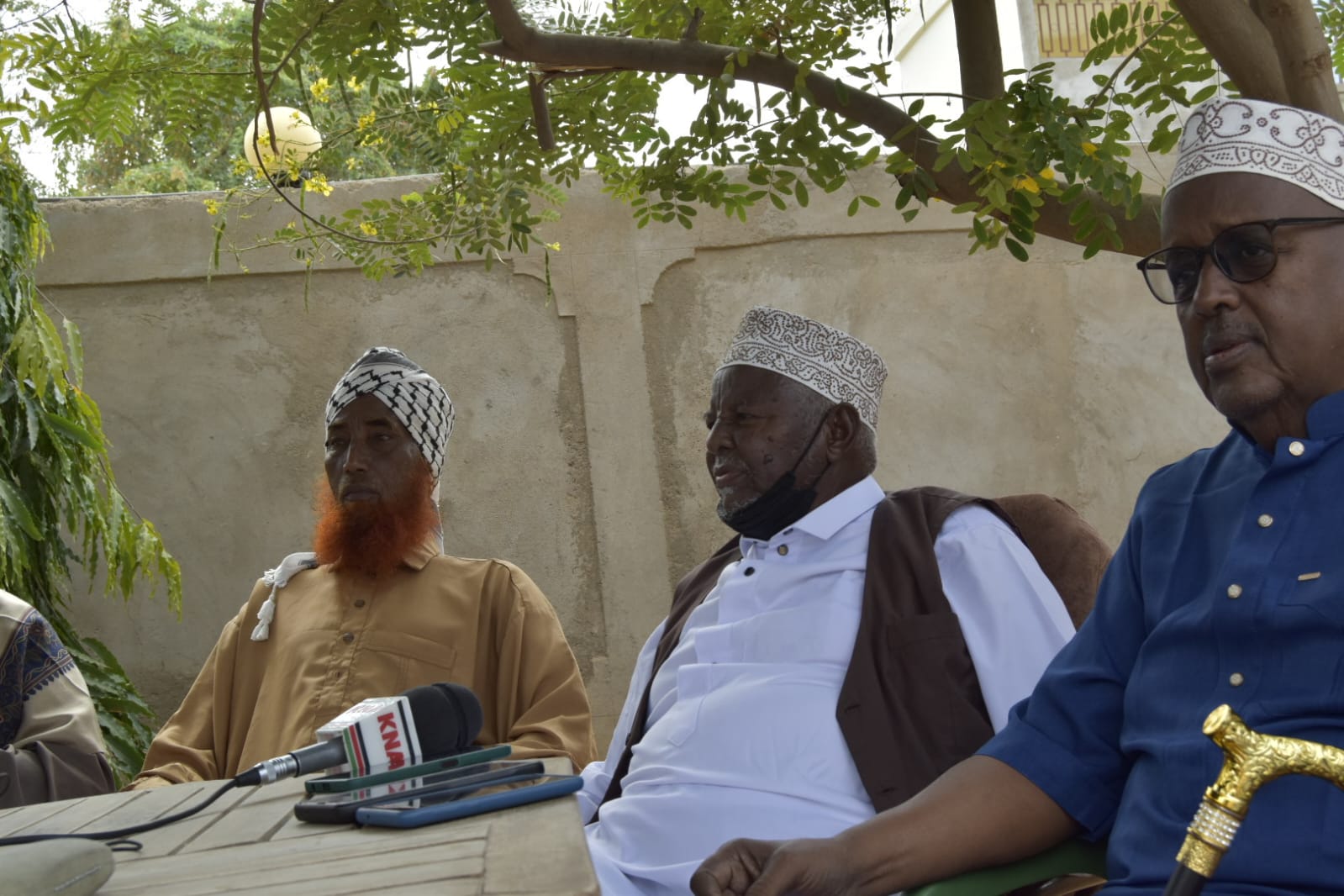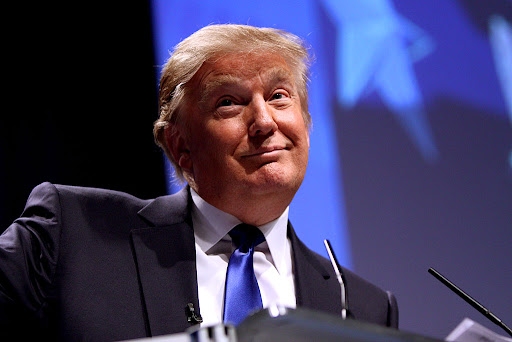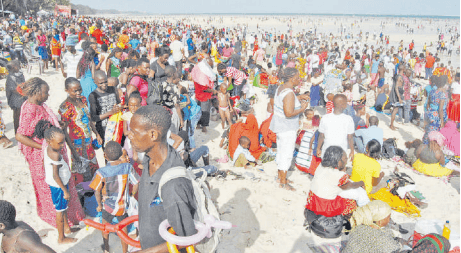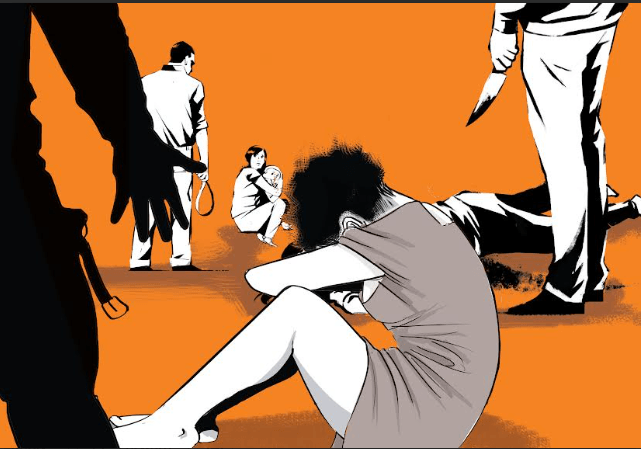
Elders from Garissa have agreed with ODM party leader Raila Odinga on the need to have an urgent national dialogue to address Kenya's sociopolitical and economic crisis.
Raila’s proposal came after 38 people died in the 35th anniversary of the Saba Saba protests, according to the latest tally by the Kenya National Commission on Human Rights.
Speaking to the press at a Garissa hotel yesterday, the elders called for an open, inclusive and structured national conversation.
They were led by Kenya Livestock Marketing Council chairman Dubat Amey, who expressed great concern over the riots.
“Never have we ever witnessed such things. Not even during the fight for multipartyism,” he said.
“It is for this reason that we strongly support Odinga’s call for us to have national dialogue, which we believe will offer a path to unity, healing and constructive solutions.
“It will also provide a space where leaders can listen, engage and act in the interest of the people, rather than resort to force or division.”
Abdihamid Sheikh said the recent demonstrations were not helping anyone’s cause but only eroding the gains the country has made in development.
“We will not tire from urging all leaders from across political divide, religious leaders and civil society sphere to embrace dialogue over discord, and to prioritise the collective good of the nation,” he said.
Maalim Abdullahi said the country must rise above polarisation and walk the path of reconciliation, reform and renewed hope.
“I am old enough to have seen all governments in this country. I cannot remember witnessing such rebellion like the one the current president is subjected to,” he said.
“Unfortunately even in countries that have collapsed, it all started like this. Let us not go this route.”
The elders thanked residents from the region for remaining peaceful whenever demonstrations are called.
Raila outlined four key pillars for the proposed civic dialogue: deliberation through the conclave, police reforms, transparency and a renewed fight against corruption, and youth empowerment and economic inclusion.
The conclave, he added, should be led by “the most serious and sober minds in our nation”.

















